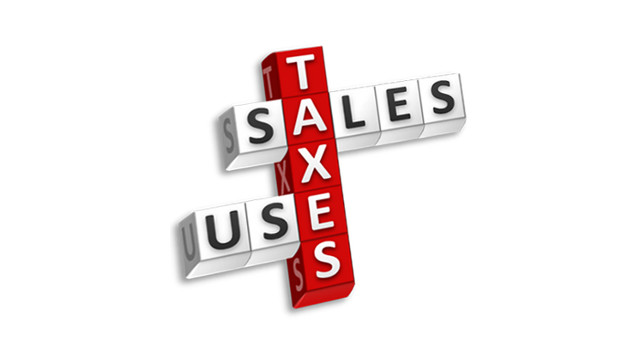By Gail Cole.
The start of a month typically brings some number of tax-related changes. Some of the standouts for December 2023 are described below.
Erie County, New York, exempts energy sources and services
New York state sales tax doesn’t apply to retail sales of residential energy sources and services, but local sales tax does apply in many jurisdictions, including Erie County.
At least, it typically does. From December 1, 2023, through February 29, 2024, retail sales of residential energy sources and services are exempt from local sales and use tax in Erie County, New York.
Lackawanna School District, which is in Erie County, will continue to tax retail sales of residential electricity, gas, propane (100 pounds or more), and steam, as well as electric, gas, and steam services. The tax rate on residential energy sources and services in the Erie County Lackawanna School District is 3%.
The temporary exemption for residential energy sources and services doesn’t apply to retail sales of nonresidential energy sources and services, which are generally subject to both state and local sales taxes in New York.
Florida lowers sales tax rate on commercial leases
The Florida sales tax rate on commercial leases drops from 5.5% to 4.5% effective December 1, 2023. Florida is one of a few states where commercial leases of real property are subject to sales tax.
Hawaii increases license and permit fee for tobacco wholesalers and dealers
Hawaii’s retail tobacco permit is renewable annually on December 1. For renewals occuring December 1, 2023, the retail tobacco permit fee is $50. Previously, the renewal fee was $20.
This change is due to the enactment of Senate Bill 975 (Act 62), which also increased the cigarette and tobacco wholesaler and dealer license fee from $2.50 to $250 effective July 1, 2023. And yes, you read that right — it’s an increase of $247.50.
Michigan lowers prepaid sales tax rate for gasoline
From December 1 through December 31, 2023, Michigan’s prepaid sales tax rate for gasoline is dropping from 19.2 to 18.1 cents per gallon.
The prepaid sales tax rate for diesel fuel remains the same at 23.5 cents per gallon.
South Carolina updates Max Tax
There are a couple of changes to South Carolina’s maximum tax as of December 1, 2023.
The Max Tax is a type of sales tax reported and paid to the South Carolina Department of Revenue on the following items:
- Aircraft/airplanes
- Boats/watercraft
- Horse trailers
- Motorcycles
- Motor vehicles
- Recreational vehicles (e.g., fifth wheels, motor homes, park models and trailers, tent campers, and travel trailers)
- Trailers or semitrailers
Starting December 1, 2023, the Max Tax also applies to all-terrain vehicles (ATVs), dirt bikes, golf carts, legend race cars, and utility task vehicles (UTVs).
Also as of December 1, tax returns for South Carolina’s maximum tax can no longer be filed on paper; Max Tax returns must be filed electronically.
The general South Carolina sales tax rate is 6% and has no cap. The Max Tax rate is 5%, not to exceed $500 per item. For musical instruments and office equipment sold to religious organizations the Max Tax is $300 per item. Certain energy efficient manufactured homes are also subject to a $300 Max Tax.
Local taxes don’t apply to items that are subject to the Max Tax.
As with sales tax, retailers are responsible for collecting Max Tax and filing Max Tax returns. Unlike with sales tax, filers must enter the sales price of each item subject to the Max Tax. Retailers also need to enter the total sales reported to the South Carolina Department of Motor Vehicles, if any. Additional information is available at the South Carolina Department of Revenue.
Thanks for reading CPA Practice Advisor!
Subscribe Already registered? Log In
Need more information? Read the FAQs





